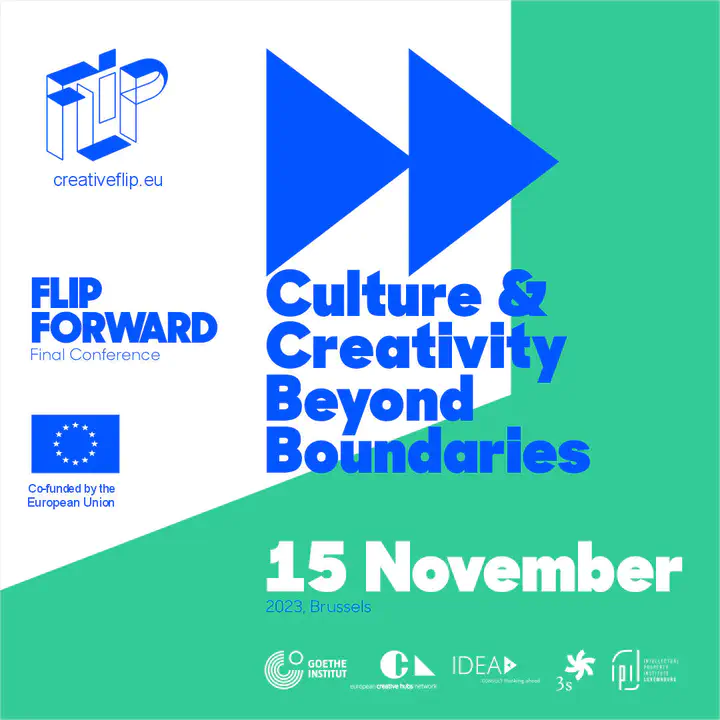Categorizing Cultural & Creative Sectors: An Impossible Task?
Panel discussion on the Creative FLIP closing event

Daniel Antal, as the co-founder of Reprex is honoured to be invited to the final event of the wonderful Creative FLIP program. Our Digital Music Observatory in many ways gained momentum from the CCS Ecosystems: Evidence-Driven CCI Policy & The Central & Eastern European Music Industry Report discussion in 2020, just before the terrible pandemic hit us all.
More than two years have passed since Creative FLIP kicked-off a new project cycle, continuing to pursue its overall goal, to support a healthy ecosystem for the cultural and creative sectors and industries (CCSI). This is how we work – the launch of the online platform on status and working conditions of artists and cultural professionals is only one of many highlights to expect! Cruise along our flagship initiative, Creatives Unite, and discover its new look and tools, engage in discussions about the power of transformation policies, cross-sectoral cooperation, and platforms for peer exchanges. We will inquire if we should categorize CCSI occupations and why we need to talk about social inclusion, sustainability, greening and more transversal topics when discussing the future of the sector.
In this panel on the FLIP FORWARD Final Conference organised together with the CHARTER project (See: Factsheets: Families of competences pdf) we want to discuss the benefits but also the dangers of categorisation related to the self-image, the measurement, but also the visibility of the CCSI: categorisation enables a highlighting of similarities, but it also has the potential to exclude the unforeseen, the evolving, the fringes.
Our discussion will focus on cultural-creative occupations and be organised around the following questions:
- To what extent do the categoriser’s viewpoint and goals shape the categories?
- What are the limitations and dangers of categorising the occupational scope of the CCS?
- Is it possible to develop an occupational categorisation of the CCS that serves all purposes? If not, how do you deal with this dilemma?
Are you in Brussels on 15-16 November? Interested? Get in touch.